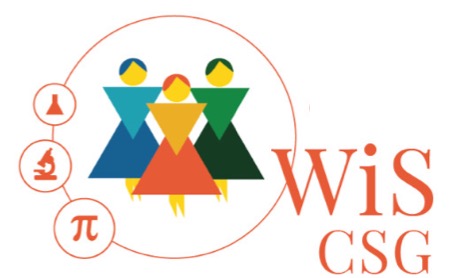WiS-CSG 2018 Survey

WiS-CSG: Women in Science - Career Support Group, is a group of volunteers who aim to highlight the different challenges faced by women in science.
Does Every Biased Action Have an Effective Reaction?
| PREVIOUS POST | RETURN HOME | NEXT POST |
- Author: Malvika Sharan
Full version on sciwri.club
Summary
Bias and harassment in all forms can be very detrimental to one’s performance at work and personal well-being. Scientific organizations vastly focus on how we conduct research and how we publish them, but sadly, bias incidents are not treated as seriously as research misconducts. Policies such as Title IX and Nondiscrimination in Employment Practices in Education in the USA, POSH act 2013 in India and European Commission’s gender equality law and Employment Equality Directive aim to ensure equal opportunities and gender equality in decision making positions, closing gender pay gap, and ending harassment. Despite such strong measures, inequality and bias exist in workplaces and beyond. The Eurobarometer survey conducted in EU countries showed that their respondents exhibit discriminative behaviors based on gender, ethnicity, sexual orientation, disability, religious belief, and older age. As per Implicit Project led by Harvard’s global online research, over two-thirds of the online-test participants (men and women) are gender-biased and tend to think that men are better suited for professional careers than women, who are better as homemakers. Women are often the targets of sexual harassment; people of color deal with racial bias; LGBTQ+ community experience emotional harassment; and those who belong to multiple marginalized groups such as queer women of color simultaneously experience multiple disadvantages and face more bias-related incidents. In the #metoo movement era, academics have also come forward to acknowledge the damages caused by gender bias, discrimination and sexual harassment.
In this article, we assess responses and actions against bias and other forms of harassment (sexual, mental, emotional etc.), henceforth indicated by ‘bias incidents’, experienced or witnessed by researchers at their workplaces. We also assess the outcome of reporting such incidents, challenges associated with them and further recommendations to address them. This report is a part of the survey that was conducted under the title “Support Received by Women in Research (CSG-WiS)”. We gathered 219 responses covering a wide demographic, age, social status, research background, positions, and workplaces. For the gender aspect, statistically significant data is available to evaluate two genders: men and women. Insufficient data makes it inconclusive to state anything about other genders. 197 of our respondents are Indian nationals (including the authors), therefore a few observations might be influenced by this factor. A large proportion of our respondents are located in India and the USA, however several participants are also nationals or residents of other parts of Americas (Canada, Mexico etc.), European countries (mainly from United Kingdom, Germany, and the Czech Republic), and other Asian countries (Singapore, Bangladesh, and Sri Lanka). Finally, although this report focuses on identifying support for women in research, recommendations listed in this article are applicable for supporting members of other marginalized groups as well.
| PREVIOUS POST | RETURN HOME | NEXT POST |